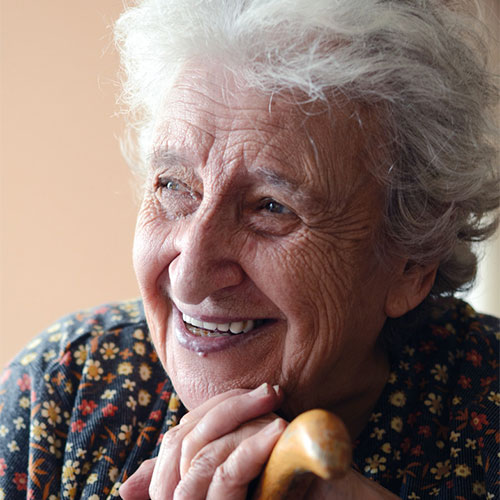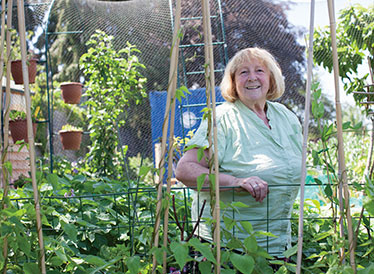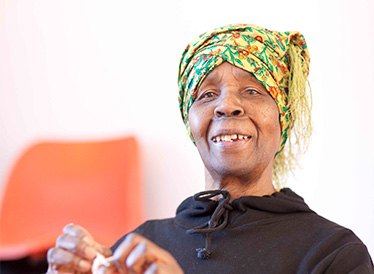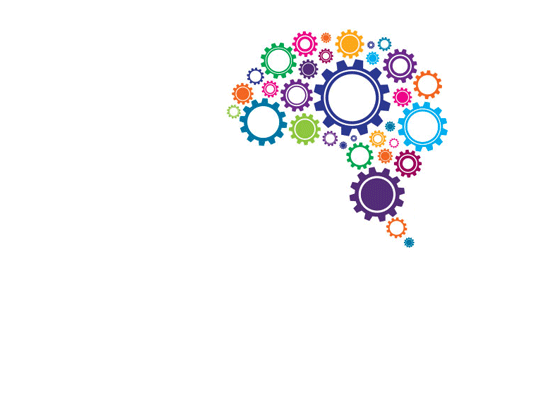Wellbeing research and resources
Age UK aims to measure how older people in the UK are doing. We are using the term wellbeing as the main outcome of interest.
On this page we answer:
What is 'wellbeing'?

There is no widely accepted definition of wellbeing, and there is confusion between what we understand as wellbeing, quality of life, and life satisfaction. They are often used interchangeably. The commonalities among them include pleasurable life, sense of purpose, independence and dignity.
Based on the literature, focus groups with older people and discussions with experts, our definition is:
Wellbeing encapsulates how we are faring, in all domains of life, including financial, health, social, personal and the local environment. It explores the question of how well older people are doing.
Why is it important to measure wellbeing?
Age UK needs to understand more about how well older people in the UK are doing. We need to know where and why people are not doing well to inform our work and gain an understanding of the policy and practical levers for improving older people's lives. In the same vein, local Age UKs need information to target their support services.
How do you measure wellbeing?
There has been no single and coherent measure covering wellbeing for older people in the most important domains of life.
Responding to this gap, we created an Index of Wellbeing in Later Life. The index found 40 possible wellbeing indicators and assigned weightings to signify their importance.
Up to now, there has been no way to measure:
- What is important in later life?
- How are older people doing?
- Where and why is wellbeing low?
- What effect might various policy and practical levers have in improving wellbeing?
Index of wellbeing in the UK
Read our summary, get background information about the Index and explore the key factors of wellbeing in later life.
What are the key findings?
There is a close link between how satisfied older people feel about their lives and how they are actually doing in important areas of life, but it doesn't tell the whole story.
- The most striking conclusion from our Index is the importance of maintaining meaningful engagement with the world around you in later life – whether this is through social, creative or physical activity, work, or belonging to some form of a community group.
-
A remarkable finding was that creative and cultural participation was the single factor that directly contributed the most out of all 40 of the factors that we found to significantly contribute to wellbeing.
- We all know that physical activity is important for our bodies. A surprising result from our Index was that it is very important for wellbeing as well – in fact, it is the second most important direct contributor.
-
Our thinking skills – memory, attention and reasoning, for example – are at our core. They make us who we are and able to engage with the world around us. It is perhaps not surprising, then, that thinking skills are the third highest direct contributor to wellbeing in our Index.
Find out more

How Age UK helps
We help to improve wellbeing in later life through providing information and advice, supporting services and influencing policymakers and practitioners through our reports, briefings and consultations.
Policy & Research Update
Read about Age UK's latest publicly available research and policy information in our monthly email.
 Please help us be there for older people in need
Please help us be there for older people in need
By donating today, you could help us answer more calls to our advice line, campaign harder for older people’s rights and fair treatment and provide regular friendship calls to people who are desperately lonely.



